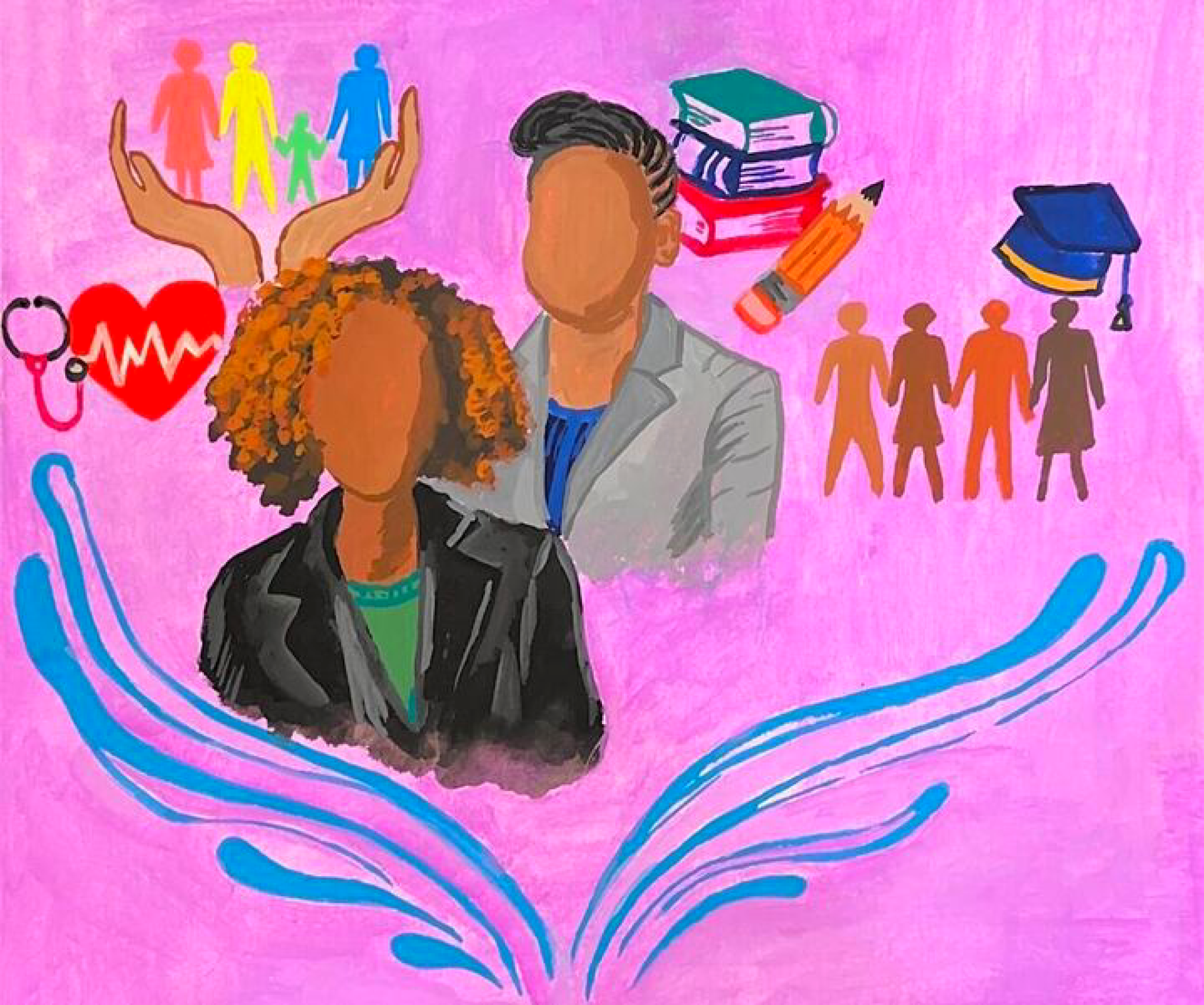From achievement gaps to racism within the criminal justice system, the topic of corrupt systems in America that seem to work against the success of underrepresented students is a widely criticized topic. For Professor Tolani Britton, an assistant professor in the School of Education at UC Berkeley, she finds understanding in such issues by combining her curiosity for finding patterns in data using mathematical techniques, with the concept of equitable opportunities for all students.
Throughout Britton’s career, she has earned multiple academic awards, published numerous notable articles and studies, and holds a Masters of Arts degree in economics from Tufts University, as well as a Masters of Arts in French Cultural Studies from Columbia University. In 2018, Britton earned her P.h.D in Quantitative Policy Analysis of Education from Harvard University.
Through the influence of her father, an engineer and a computer scientist, Britton’s childhood was centered around a focus on math. Later as an undergrad, Britton found that patterns and data truly aligned with her passions, and thus decided to major in economics. Additionally, Britton credits her ability to attend such prestigious institutions and receive a high level of education to the opportunities she has been exposed to. “The place you attend is usually an indication of the opportunities you had,” said Britton.
Britton’s work focuses primarily on conducting research related to higher education access and success among underrepresented students, particularly people of color and individuals from working class families. Specifically, Britton conducts her work using a method known as quantitative policy analysis, which uses tools from a branch of economics called econometrics, and measures the impacts of programs and policies on college access and success. “My work is really trying to understand not how do we change students, but how do we change the structures in which students are learning to make them feel more supported in places where students don’t just arrive, but can thrive,” said Britton.
Further, Britton noted that as a Black woman, systemic racism in academic settings is certainly present, and can put abnormal pressure on Black individuals working to achieve academic successes. “I think that the belief that we have to work twice as hard to get half as far is part of the ways in which structural racism works – having us believe that we are not enough,” said Britton.
In addition, the experience of attending highly ranked universities and attaining an esteemed status in the academic world as a professor and researcher does come with its differences in how Britton is sometimes treated in the workplace. “Some of the questions people ask that are sometimes almost assuming that I haven’t done good work … have absolutely been some of my experience.” said Britton.
However, Britton does not allow the preconceived opinions of others to affect her work and her pride in her own identity. “If your bias is around race and gender, then … you are not expecting me as a Black woman to be standing in front of you talking about my research, defending my work,” said Britton. “That is not a me issue. That’s a you issue.”
Britton holds the understanding one’s skin color should not be shamed, rather it is the racism within societal systems that should be challenged. “I don’t think that my racial background was ever a barrier to success. I do think the systemic racism in the places in which I’ve lived and learned are barriers to success,” said Britton. “Blaming or ascribing negative outcomes to part of who I am, doesn’t align with how I see the world.”
As an accomplished professor and researcher, Britton leaves young students with a piece of advice: “Do good work that you love, that you’re passionate about, and take care of yourself. The best work is self care.”





